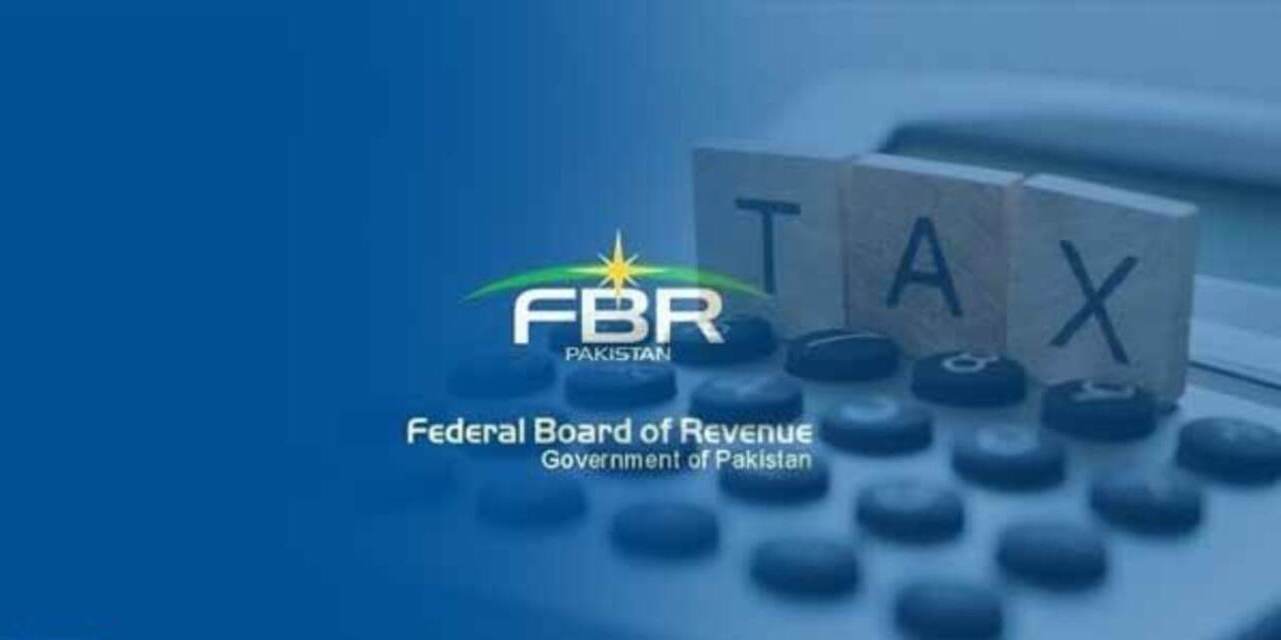Recently, the Islamabad High Court (IHC) has intervened in the Federal Board of Revenue’s (FBR) attempt to coerce non-filers of tax returns for 2023. The FBR’s decision to direct the telecom sector to block SIM cards of over 500,000 non-filers was challenged in a petition on May 14, prompting the IHC to restrain the tax authority from implementing this measure. The court has requested a response from the FBR for the next hearing.
The FBR’s historical track record indicates a pattern of convoluted methods and ineffective strategies, compounded by bureaucratic red tape and incompetence. This has resulted in a dire state of tax collection, with over Rs2 trillion stuck in tax litigation, a narrow tax base, and a need for more effective efforts to broaden it and resolve the slow pace of tax litigation.
The Attorney General for Pakistan has recently highlighted the FBR’s inefficient handling of tax litigation in letters to the bureau’s chairman. The letters criticize the poor performance of the FBR’s legal teams in courts, emphasizing delays in filing review applications and obtaining stay orders against tribunal verdicts, as well as the failure of FBR representatives to appear in courts, leading to chaos and significant loss to the national exchequer.
The FBR’s directive to block non-filers SIM cards has been scrutinized as an example of the bureau’s attempt to deflect attention from its inefficiency by creating problems for other sectors of the economy. This move has raised questions about penalizing telecom companies, which have contributed significantly to the economy through foreign direct investment (FDI) and revenue generation. The IHC hearing argued that the action violates the fundamental right of freedom of business enshrined in the Constitution’s Article 18.
It is evident that the FBR is not only failing to meet collection targets, enhance the tax base, and efficiently deal with tax litigation but is also exacerbating issues by implementing measures that discourage FDI inflows and worsen the country’s business environment.
The FBR needs to address the sluggish pace of tax litigation and improve coordination among its various field formations and departments. Additionally, the government should consider increasing the number of benches hearing revenue matters in the higher courts. The FBR must realize that genuine tax system reform requires hard work and a proactive approach rather than myopic measures that violate constitutional freedoms and deter foreign direct investment.
















